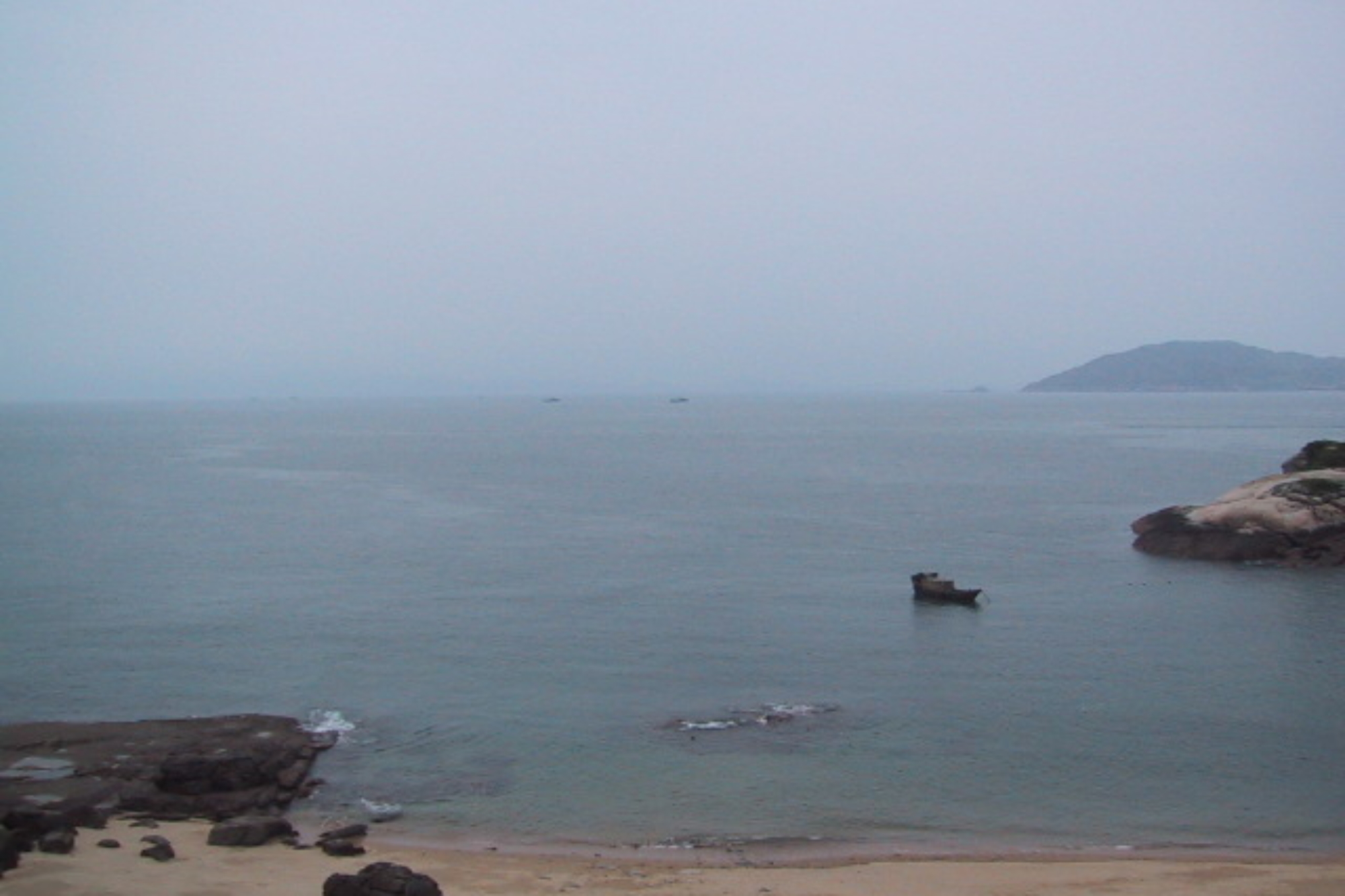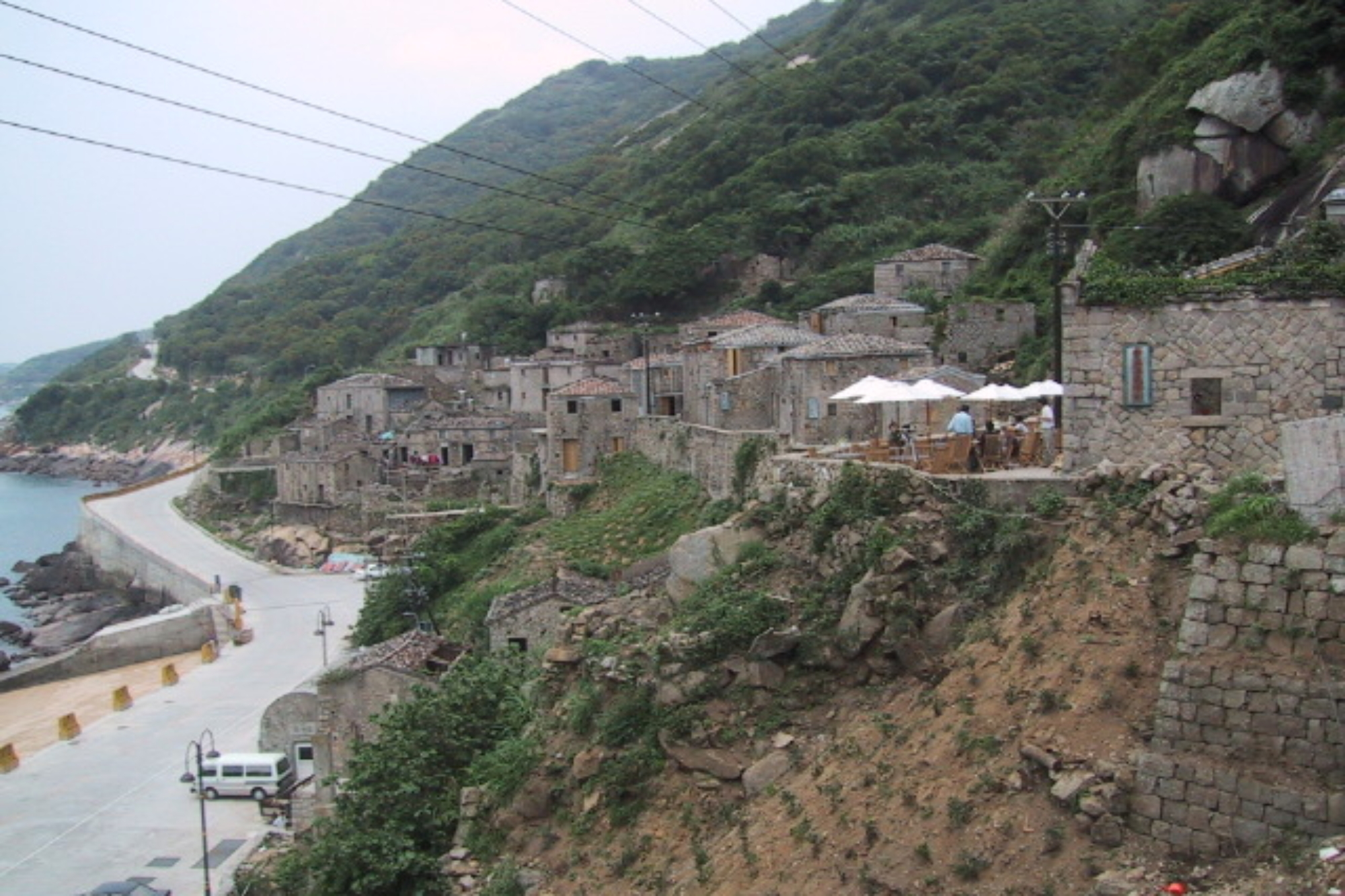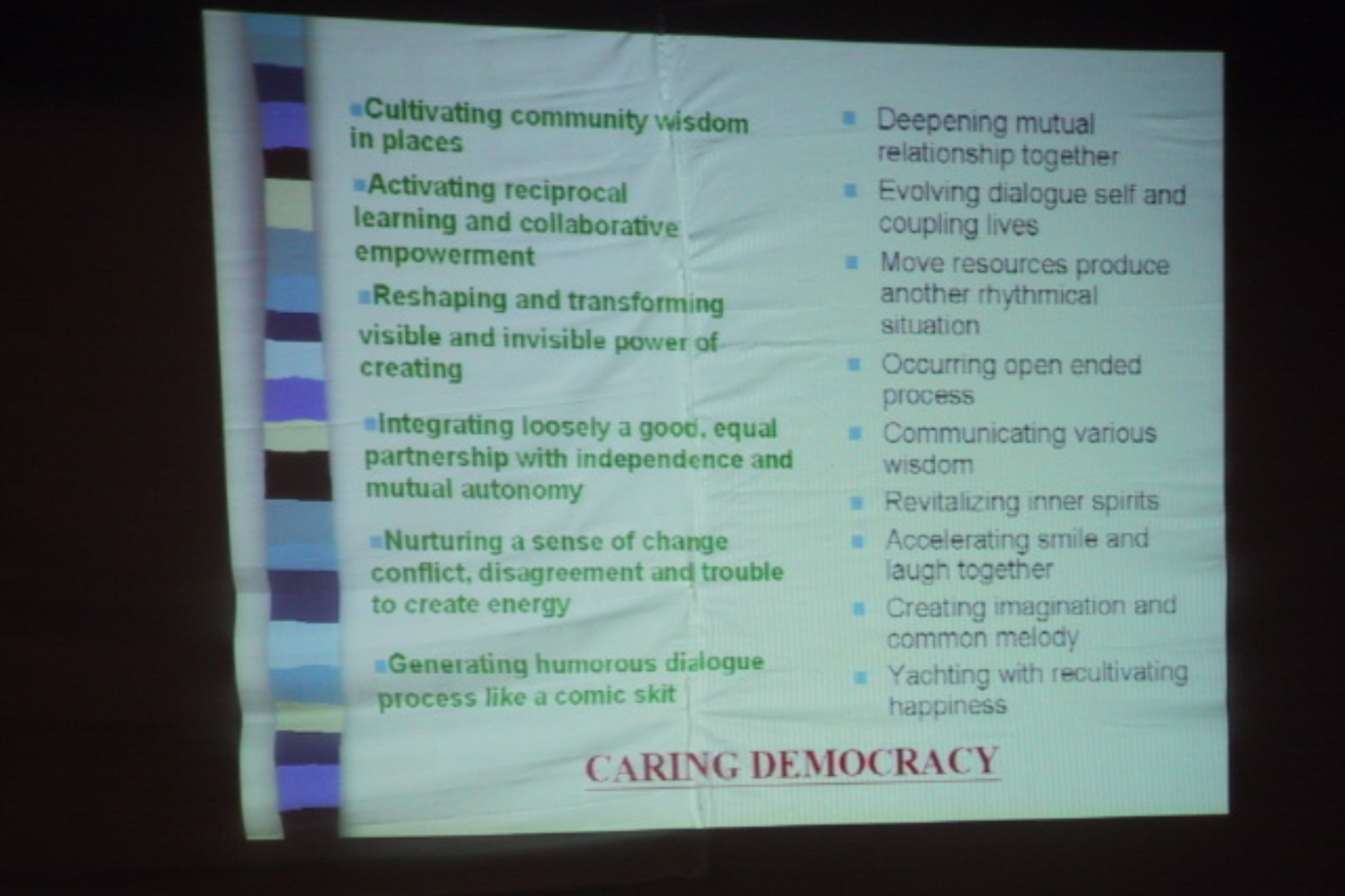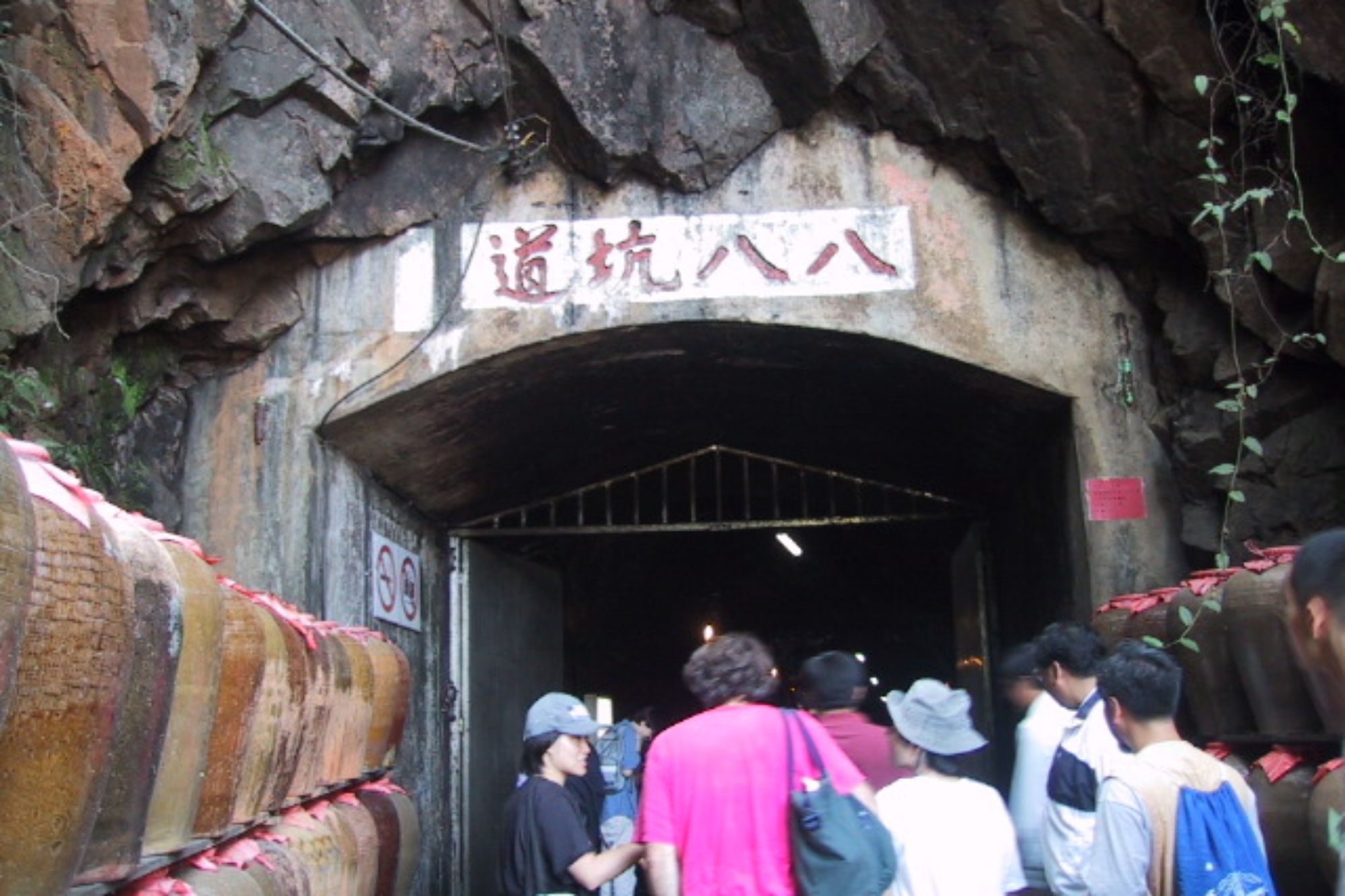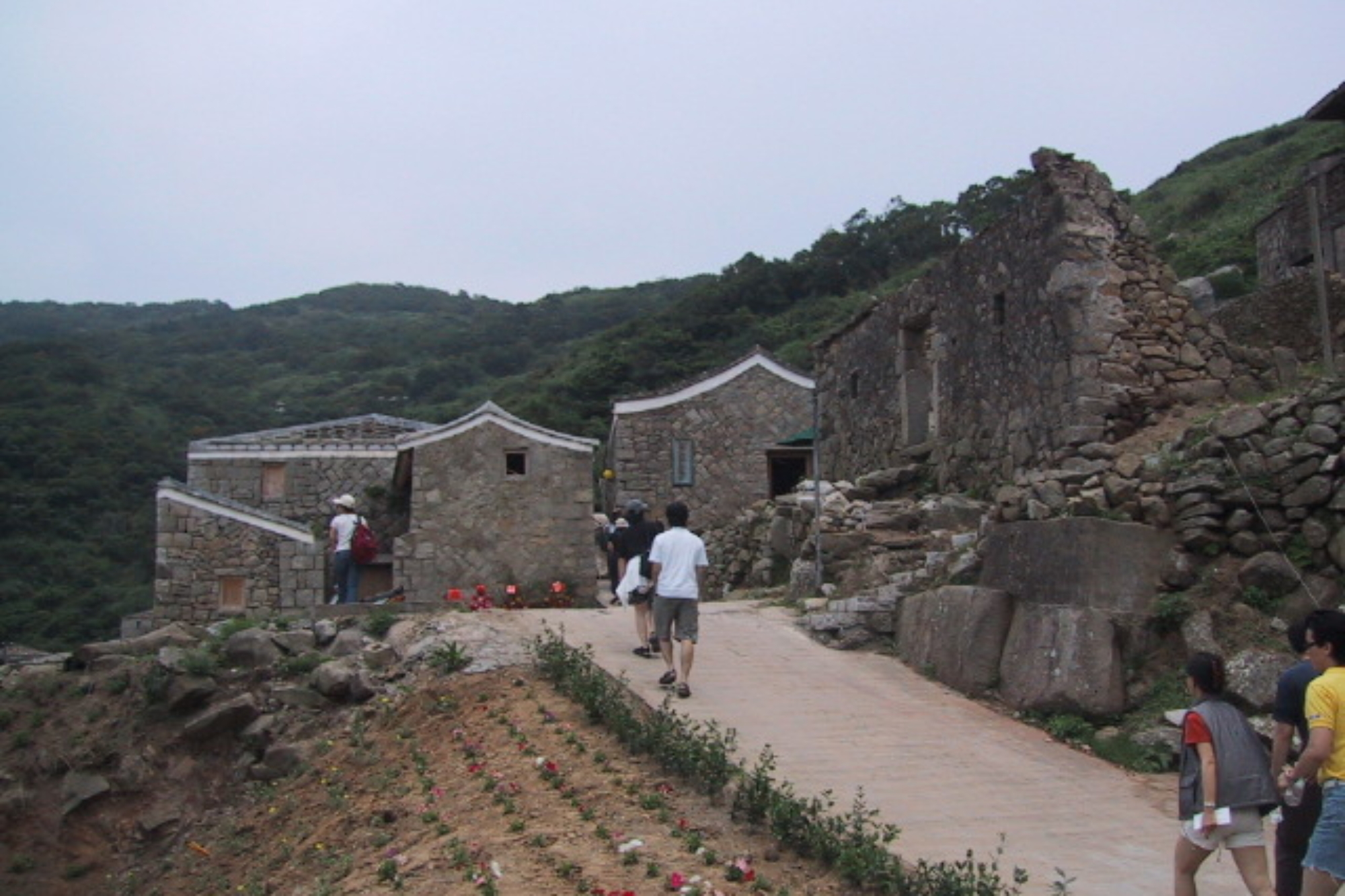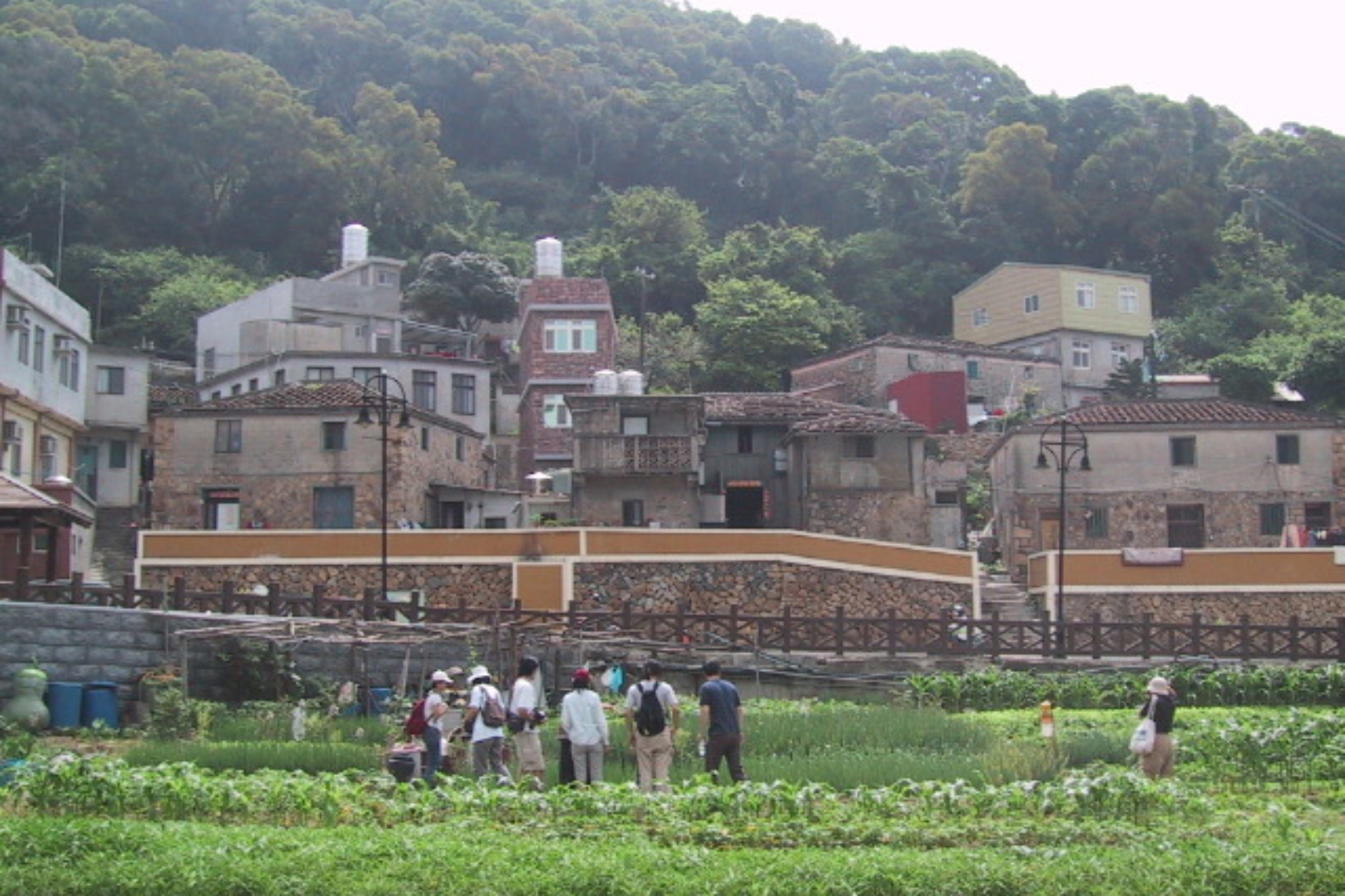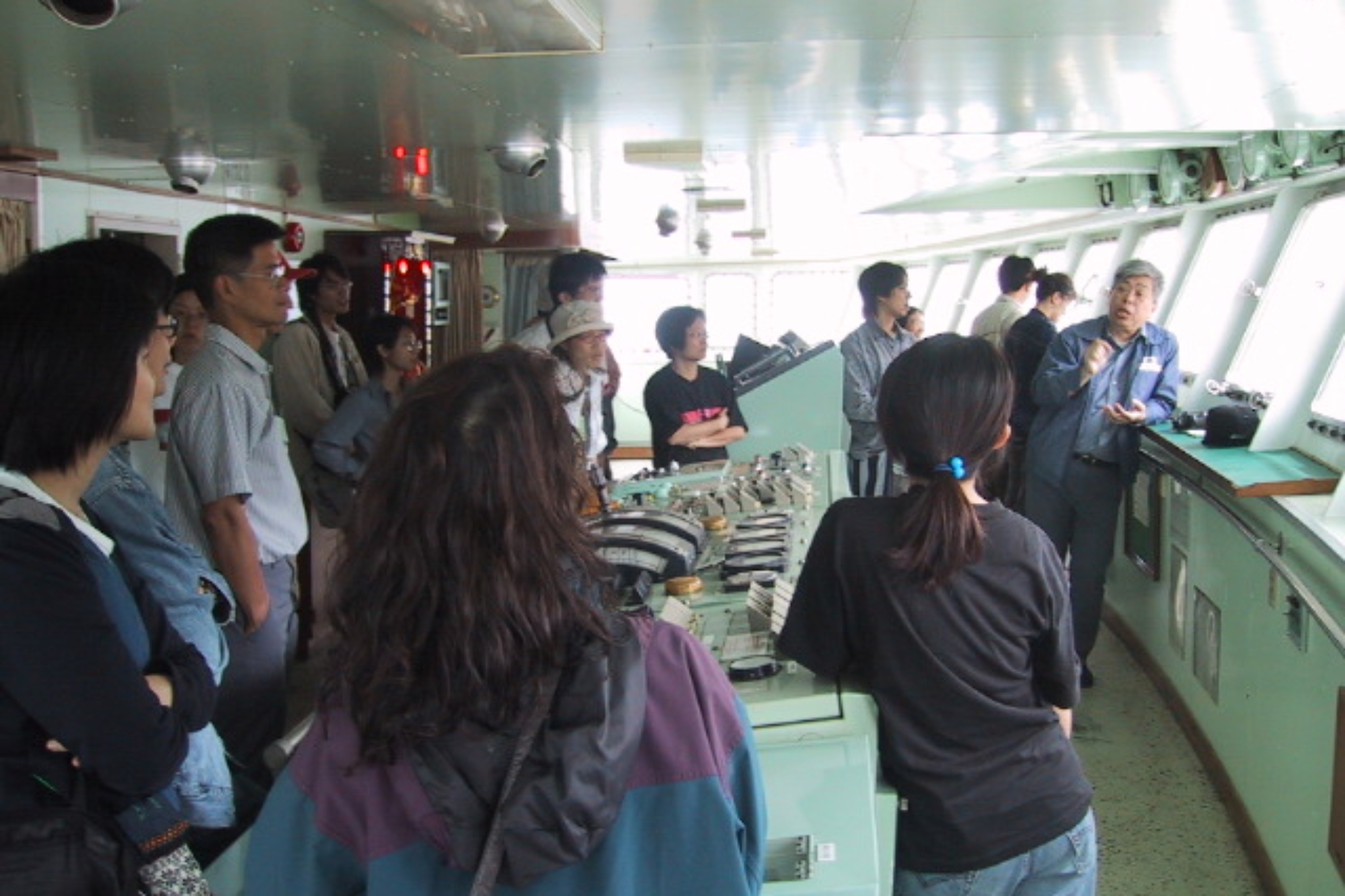Building Cultural Diversity Through Participation: The 3rd Conference of the Pacific Rim Community Design Network, Chin-Be, Matsu, Taiwan. May 27 to June 3, 2001
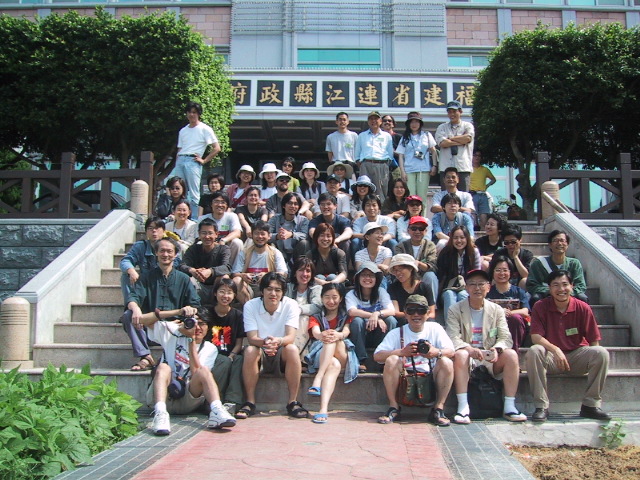
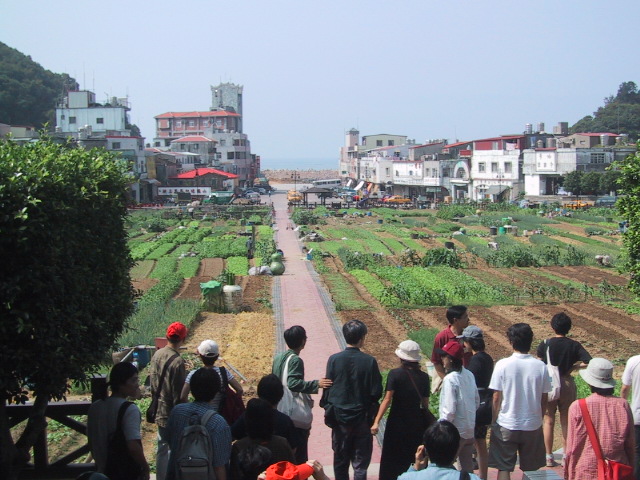
In the fall of 1999, Taiwan suffered from a devastating earthquake. Because of the involvement of many network participants in the reconstruction efforts, the annual meeting of 2000 was postponed to May 2001. To promote cross-cultural networking and communication, the 2001 conference experimented with a collaborative and interactive method of writing papers. Many papers were indeed developed jointly by two or three co-authors. We saw real cross-cultural collaboration on some common topics. For example, cultural differences in response to disaster relief led to new ideas about community responses to disaster preparedness, using specific examples from Japan and Taiwan. In another respect, there have been ongoing collaborations, the depth, and significance of which are worthy of continuation exploration and elaboration. The conference was held in the village of Chin-Be, with support from the Council for Cultural Affairs and the Lian-Chiang County Government. OURs (Organization for Urban Re-s) helped organize the Taipei Forum.
Organizer: John Liu, National Taiwan University Building and Planning Research Foundation
Conference Program
A Story of Space: Participatory Writing of Spatial Scenarios: Shophouse Reconstruction in Kuo‑hsin Township after the 921 Earthquake – Wang, Chiang, Li, Xu, Chen, Cheng, Chu, Chang, Zeng, Cheng, Tsai
Community Participation of Matzu Historic Preservation – Pai, Tsao, Cheng
Designing ” Connected Together, Loosely”: Two Cooperative Housings Where a Traditional Japan Has Been Given a New Life – Endoh, Tseng
Challengeishimasu! Episodes in the Pursuit of Democratic Design – McNally, Nagahashi
Organized Participation and Community Capacity‑building: Recent Cases of Organized Community Action in Taiwan and Japan – Kinoshita, Hou
Re‑shaping the Circle‑Building Consensus with Friends Communities in Costa Rica and Sandy Spring, US – Chang, Hill
Possibility of Collective House / CoHousing in Japan‑ Not to Have a Facility, but a Home for Elderly and All – Minai
Challenges to NGOs in Forming Now Partnership: A dialogue of Case Studies in US and Taiwan – Tu, Huang
Outreach, Networking, and Incorporation: Three Notions of Current Machizukuri in Japan with Special Reference to Setagaya Machilzukurl Fund – Nishimura
Using Independent Scientific Review to Strengthen Public Participation in Environmental Decision‑Making in the Pacific Rim – McCreary, Jeng
Preparing the Ground: The Berkeley Street Community Garden Project: Protecting a Community of Culture, Care and Cultivation – Liu
An Empirical Study on the Basic Ideas and Methods of Community Rehabilitation and Various Phases of Rehabilitation Activities in Earthquake‑Afflicted Communities – Hayashi, Yu
New Process or New Formalism: the Participatory Community Design Praxis Studies of Taiwan – Luo, Liu
Chi-Gu Eco‑Tourism Development Planning Project: Toward a Community‑Oriented Environmental Conservation – Kao, Su
Is Public Resource a Trigger for Community Participation? A Case Study of Manga Herbal Alley Community Cultural Planning Project – Yang, Lin
A Continuing Dialogue on Local Wisdom in Participatory Design: Native Wisdom amidst Ignorance of Locality – Liu, Hester
A New Direction in Community Design in Japan and the Challenges it Faces – Endoh
Community Design in the Neighborhood Landscape: Activities, Opportunities, and Ideas – McNally
Community Participation Empowering the Society: the Experience of Taiwan in 1990’s – Tseng
